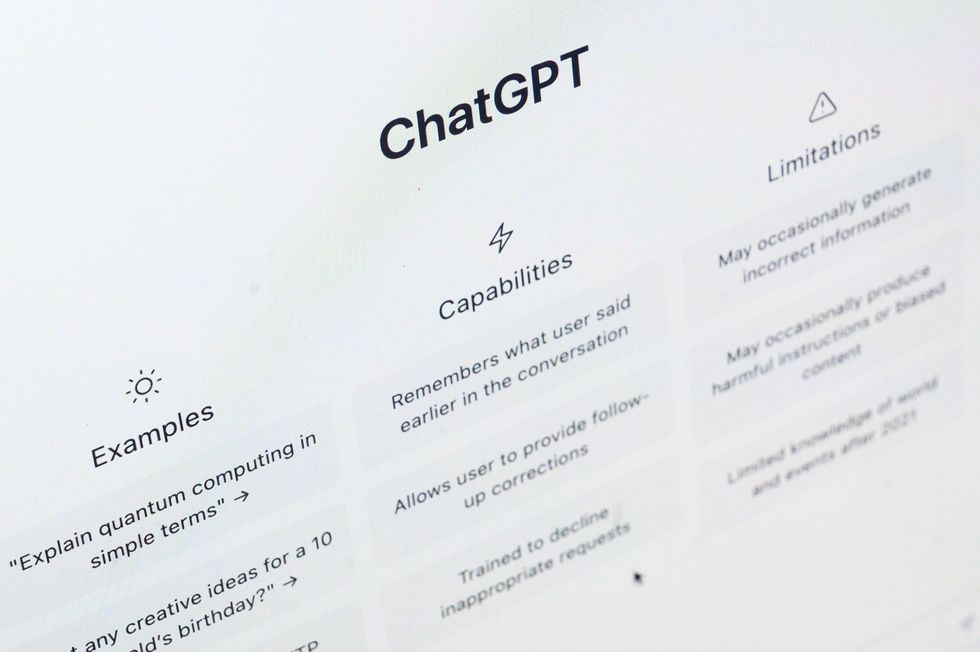A simple “please” or “thank you” might seem second nature - especially when we’re asking for help. But when those courtesies are directed at artificial intelligence, they may be doing more harm than good. According to emerging insights, our well-meaning manners could be quietly costing us, both financially and socially.
Since launching in late 2022, ChatGPT has become a daily companion for millions, with global interest showing no sign of slowing. In the past month alone, searches for “ChatGPT” have risen by 30 per cent, reaching a record-breaking 519 million monthly queries.
While much of the surge is linked to its latest image-generation tools, there’s also a growing curiosity about a surprisingly human concern: the cost of being polite. Searches for “please ChatGPT” have soared by 57 per cent, revealing an intriguing blend of digital etiquette and real-world consequences.
Beyond the dollars and data, Preply, an online language learning platform, is wary of a quieter shift which may be occurring: the way we talk to machines may be affecting how we talk to each other.

Anna Pyshna, spokesperson for Preply, warns that this cost could result in a shift in tone that may creep beyond the screen and into real life.
"We teach children to say ‘please’ and ‘thank you’ because it’s not just polite, it’s human. If we begin removing these social norms from our digital habits, especially in daily interactions with AI, we risk losing them altogether. The danger is that our language becomes more robotic, more transactional, and less sincere," she shared.
Indeed, a recent study shows that 69 per cent of Gen Z users say “please” and “thank you” when speaking to ChatGPT. However, Anna notes that while this may be encouraging on the surface, it may very well change.
"As users become more aware that politeness carries an environmental and financial cost, and AI doesn't "feel" appreciation anyway, the emotional layer of language may start to erode," she added.
According to another recent study, around 30 per cent of users do not use courteous language when interacting with AI systems.
This trend is particularly concerning for younger generations who are growing up learning, communicating, and socialising online. If their daily interactions, especially with chatbots, are driven by speed, convenience, and stripped-down commands, these habits may transfer into real-world interactions.
“If your default is to type ‘do this’ instead of ‘can you help with this, please?’ it becomes second nature," Anna explained. "Over time, that bleeds into how we communicate at work, with friends, or even with strangers. We’re not just changing how we talk to machines, we’re changing how we talk, full stop.”
“If you think of it this way, Gen Z and Gen Alpha slang originally started online but it’s now part of everyday speech. People actually say things like ‘LOL’ or ‘I can’t even’ out loud," she continued. "That’s a clear example of how our digital communication habits don’t just stay online, they spill over into real life. So if we get used to speaking in blunt, robotic commands with AI, that tone could easily creep into how we talk to each other too.”
You may also like...
- Deepfakes just got even harder to detect for this one eerie reason
- China's army of robots is worrying experts
Sign up to our free Indy100 weekly newsletter
How to join the indy100's free WhatsApp channel
Have your say in our news democracy. Click the upvote icon at the top of the page to help raise this article through the indy100 rankings.














